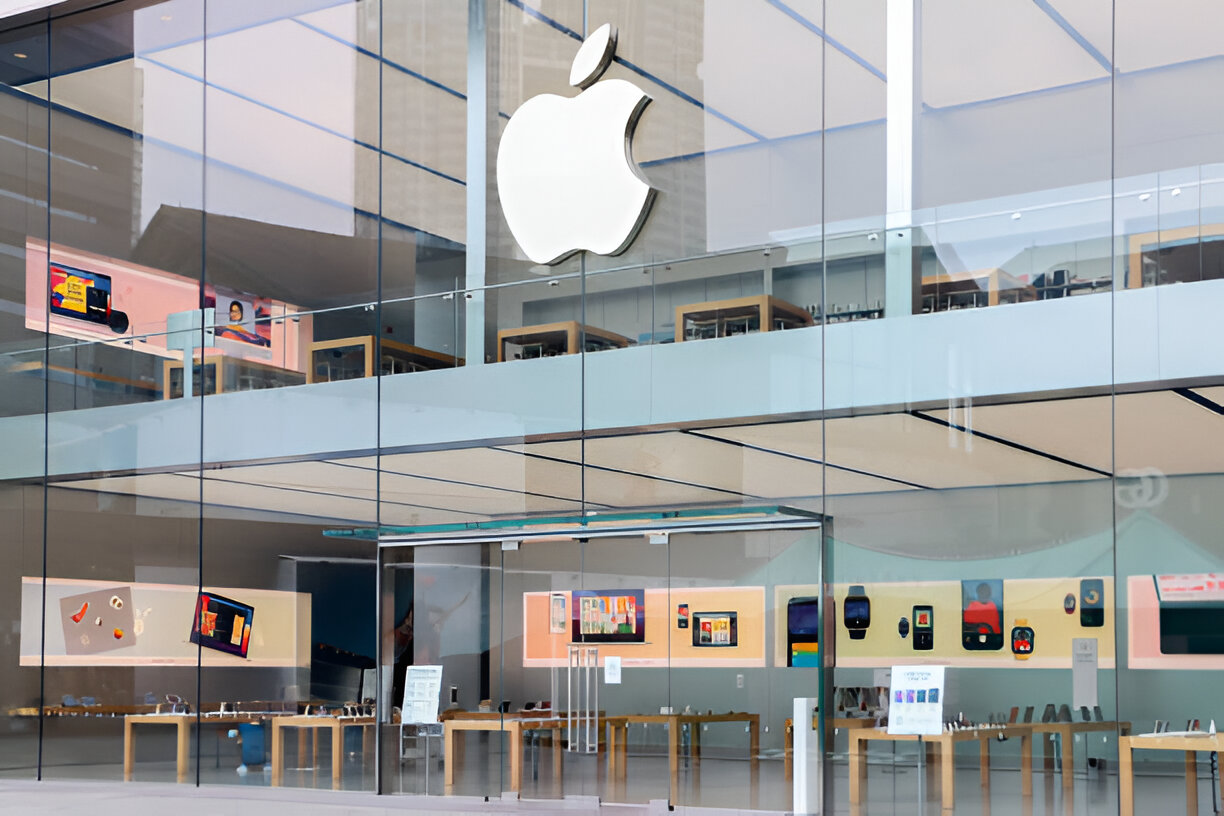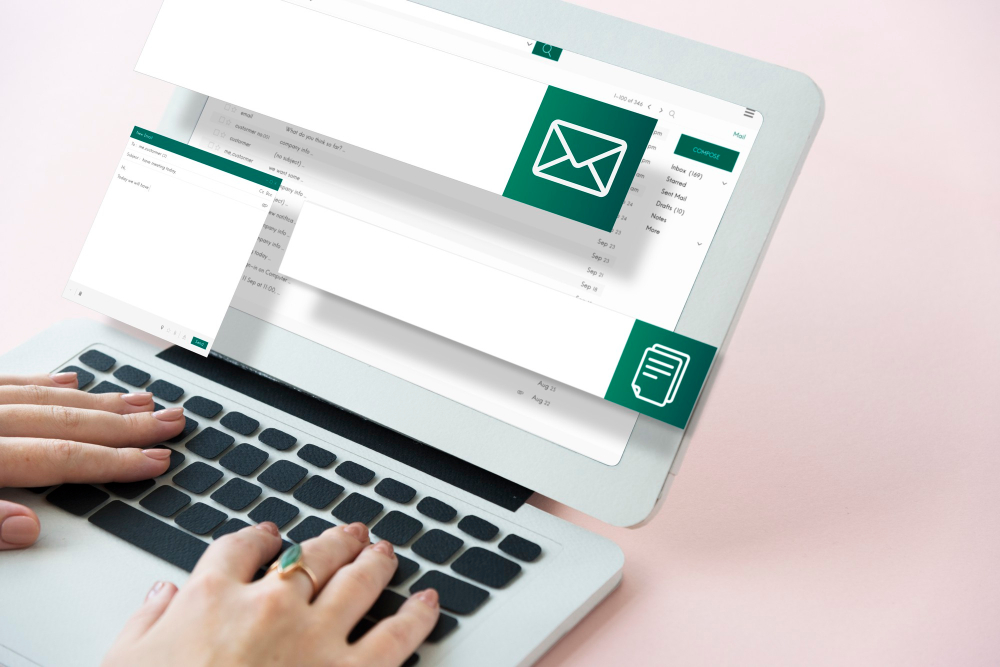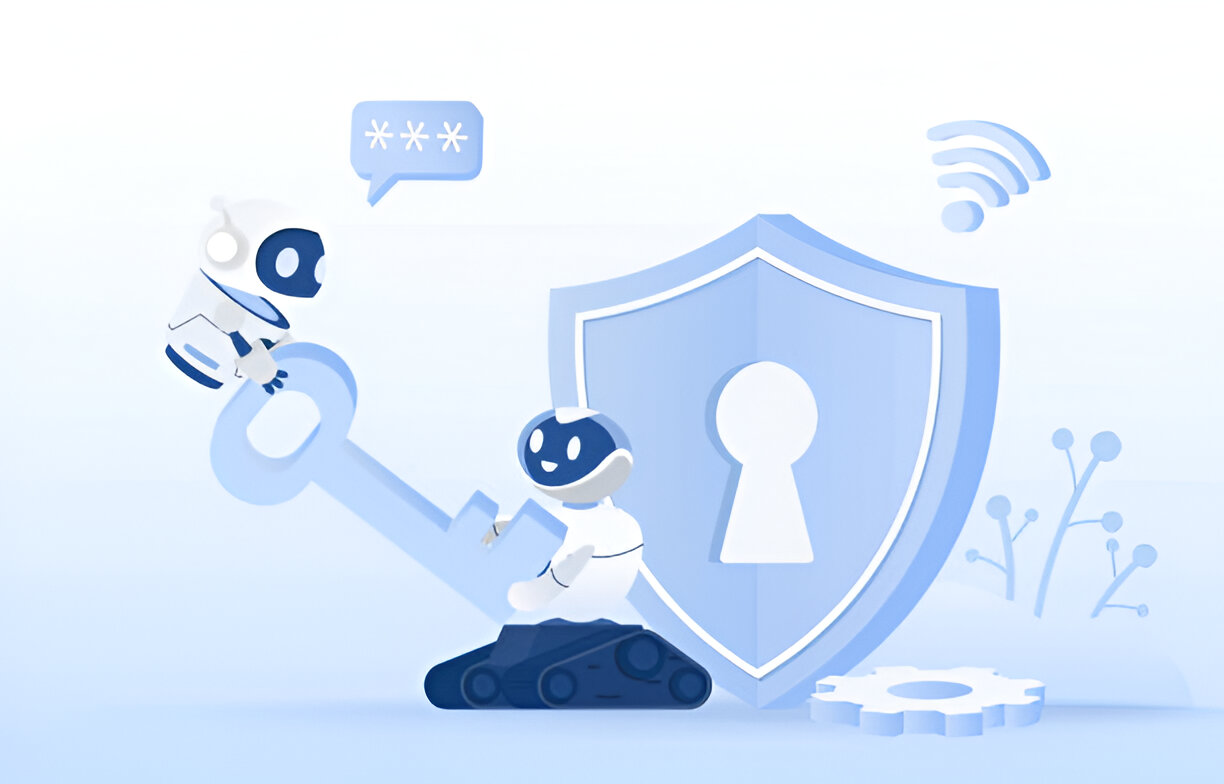
5 Billion Users Amid AI Hack Concerns
5 Billion Users Gmail AI Hack Concerns
Navigating the Digital Frontier In a world where we closely tie our lives to the digital realm, we have reached a huge milestone. There are now 5 billion internet users. This number is both exciting and overwhelming.

As we celebrate this unprecedented connectivity, a shadow looms over our online interactions—growing concerns about AI-driven hacks and cybersecurity threats. What does it mean for us when technology designed to enhance our experiences also poses risks?
Join us as we explore this complex area. We will look at how people and businesses can protect their online presence while embracing new ideas. Buckle up; it’s time to navigate these uncharted waters together!
Email security in today's digital age
In today’s digital world, we closely connect our lives to technology. Because of this, email security is more important than ever. More than 5 billion users depend on platforms like Gmail for communication. This makes protecting personal information very important.
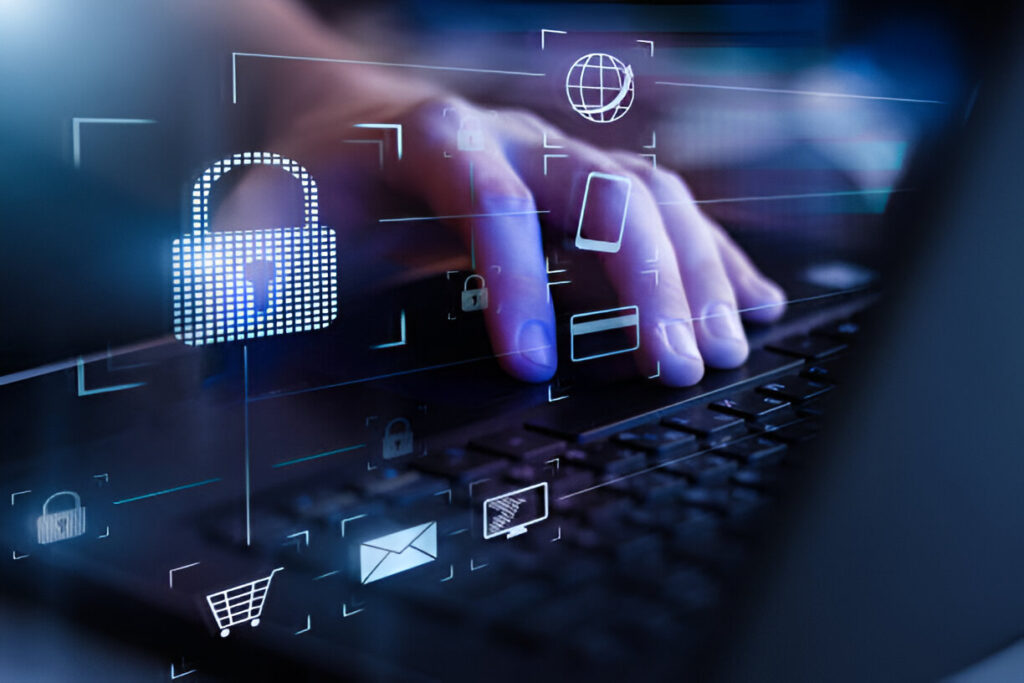
Recent events have raised concerns worldwide. A major security alert from Google affects about 2.5 billion Gmail accounts. As we explore this new area, worries about AI hacking are growing. Many people are wondering how safe their data really is.
The intersection of artificial intelligence and cybersecurity poses a unique threat that demands our attention and action. Let’s look at the current challenges of email security. We will also explore ways to protect ourselves in this changing digital world.
Gmail security alert for 2.5 billion users
Recently, a significant Gmail security alert swept across the digital landscape, affecting around 2.5 billion users globally. This alarming notification served as a reminder of how vulnerable our online spaces can be.
The warning highlighted potential risks linked to unauthorized access and data breaches. Advisors urged users to stay vigilant about their accounts, prompting widespread discussions about email safety.
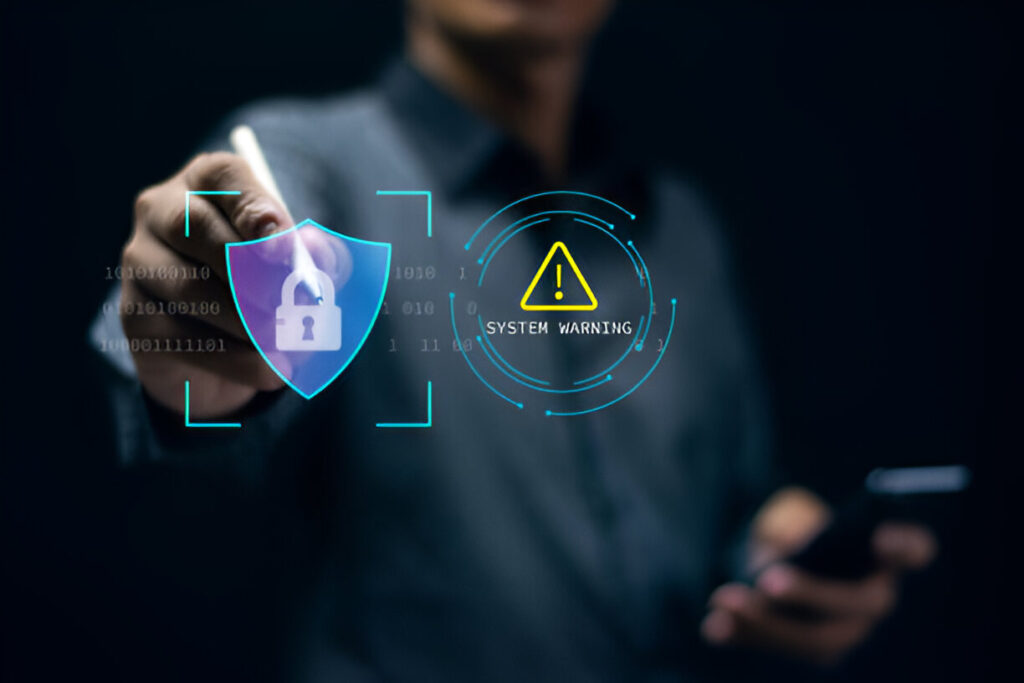
Gmail’s vast user base makes it an attractive target for cybercriminals. With advanced hacking techniques evolving constantly, even tech giants like Google face challenges in safeguarding personal information.
As people rely more heavily on email services for communication and sensitive transactions, understanding these alerts becomes crucial. The incident underscores the importance of awareness when it comes to protecting your digital life from lurking threats.
What is AI hacking and how does it work?
AI hacking refers to the use of artificial intelligence technologies to exploit vulnerabilities in systems. This is a growing concern, especially with platforms like Gmail, which hosts billions of users.
At its core, AI hacking leverages machine learning algorithms. These algorithms can analyze vast amounts of data quickly and efficiently. They identify patterns that human hackers might overlook.
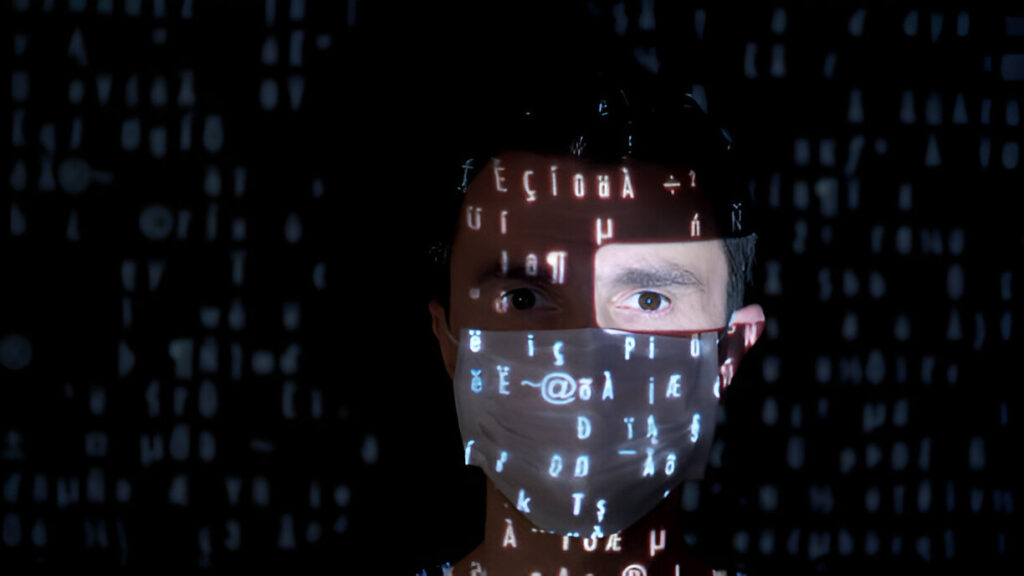
One common method involves generating phishing emails that appear incredibly convincing. Advanced AI tools can mimic writing styles or even replicate voice tones from previous communications. This makes it easier for attackers to deceive recipients into revealing personal information.
Moreover, AI can automate the process of scanning networks for weaknesses. Hackers can deploy bots powered by AI to probe security defenses continuously and adapt strategies in real time.
As technology evolves, so do the tactics used by cybercriminals. The landscape is changing rapidly, making awareness crucial for users everywhere.
How does this affect everyday users and their personal information?
Everyday users rely heavily on services like Gmail to manage their communications. With 2.5 billion accounts at risk, the potential for personal information exposure is alarming.
Imagine sensitive emails or financial data falling into the wrong hands. The implications could be severe, affecting not just individual privacy but also security and identity.
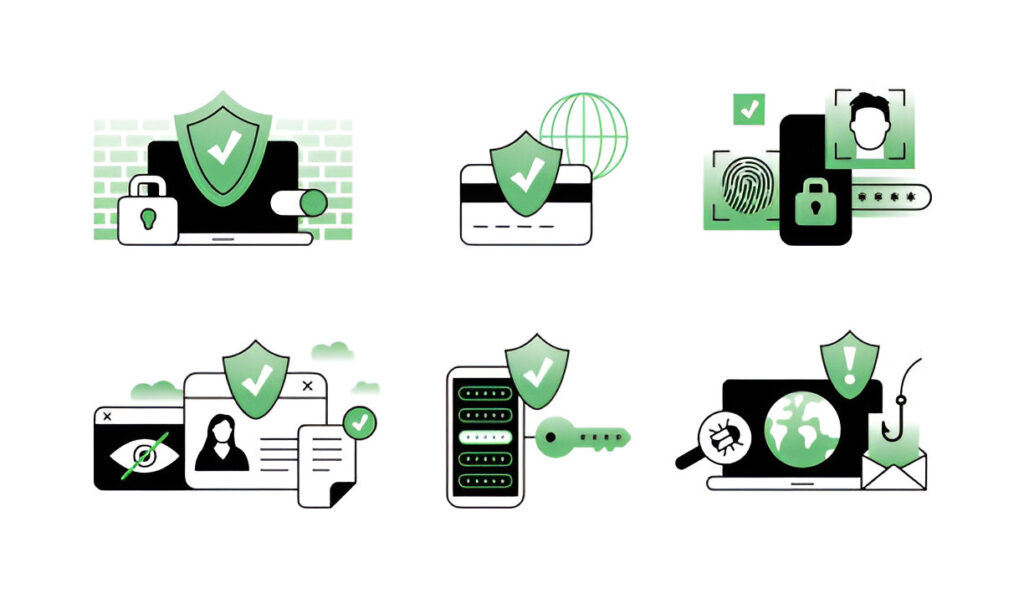
AI hacking techniques can target unsuspecting individuals with tailored attacks, bypassing traditional security measures. This means that even tech-savvy users may find themselves vulnerable.
Moreover, leaked data can lead to phishing scams or unauthorized access to other accounts linked through Gmail. Users might unknowingly become conduits for larger cyber threats.
Maintaining trust in email services relies on robust protections against these evolving challenges. Each user must stay informed about risks associated with AI and adapt accordingly to safeguard their digital lives.
Steps users can take to protect themselves from potential AI hacks
To safeguard against potential AI hacks, start by enabling two-factor authentication on your Gmail account. This added layer of security makes it harder for intruders to access your information.
Regularly update your passwords and avoid using easily guessable combinations. Opt for complex phrases or a password manager tool to generate and store unique passwords securely.
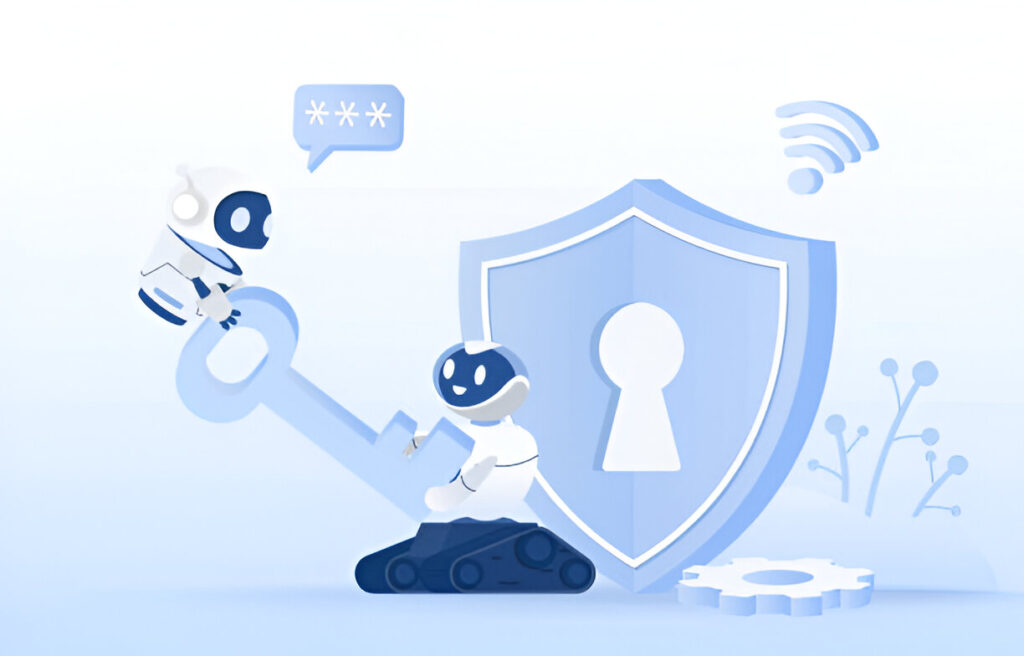
Be cautious with suspicious emails. Phishing attempts often masquerade as legitimate communications from Google or other services. Always verify the sender’s address before clicking any links.
Keep software up-to-date across all devices. Security patches can mitigate vulnerabilities that hackers might exploit.
Lastly, consider utilizing a virtual private network (VPN) when accessing Wi-Fi networks outside of home. This helps encrypt your internet connection and protects sensitive data from prying eyes while you browse online.
Role of technology companies in preventing AI hacks and protecting user data
Technology companies play a crucial role in the ongoing battle against AI hacks. They are on the front lines, developing innovative security measures to safeguard user data.
These firms invest heavily in research and development. This helps them stay ahead of potential threats posed by artificial intelligence. Regular updates and patches for software vulnerabilities are essential components of their strategy.
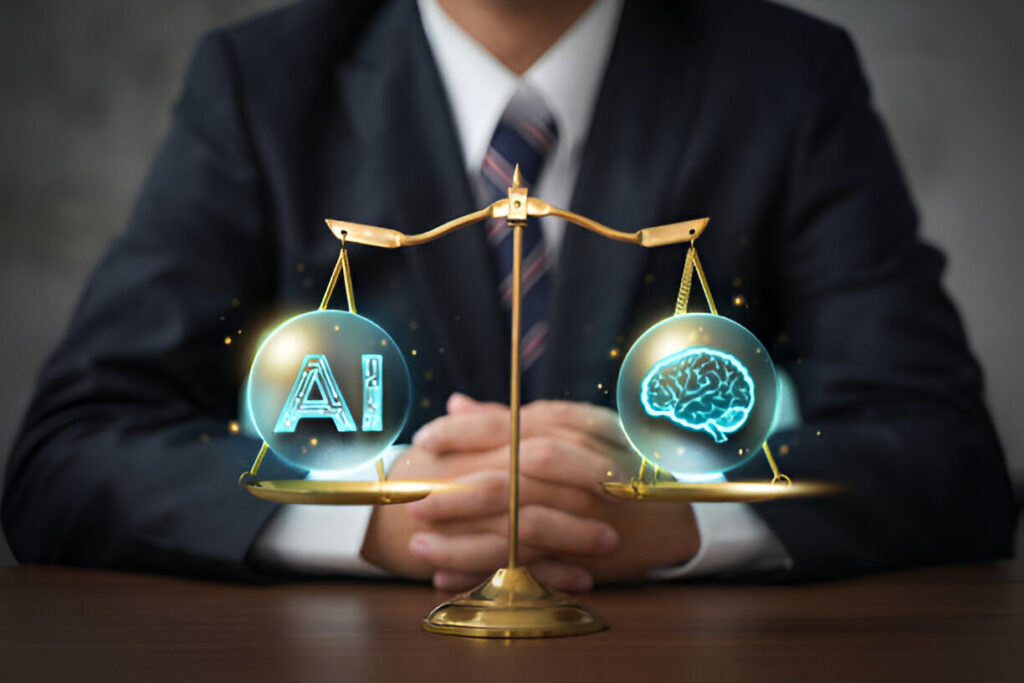
Collaboration is another key factor. Companies often share information about emerging threats with one another. This collective effort enhances overall cybersecurity.
User education is also part of their mission. Technology giants provide resources and guidance to help individuals recognize phishing attempts and other risky behaviors online.
Moreover, transparency in reporting breaches builds trust among users. When companies openly communicate about incidents, they empower users to take informed actions regarding their data safety.
Ultimately, technology companies must remain vigilant as AI continues to evolve rapidly.
Alternatives to Gmail and other email services for increased security
As concerns about security escalate, many users are exploring alternatives to Gmail for their email needs. One popular option is ProtonMail. It offers end-to-end encryption and ensures that only you and your intended recipient can read your messages.
Tutanota is another robust choice, focusing on user privacy by encrypting not just emails but also the subject lines. The open-source nature encourages greater transparency in data management.
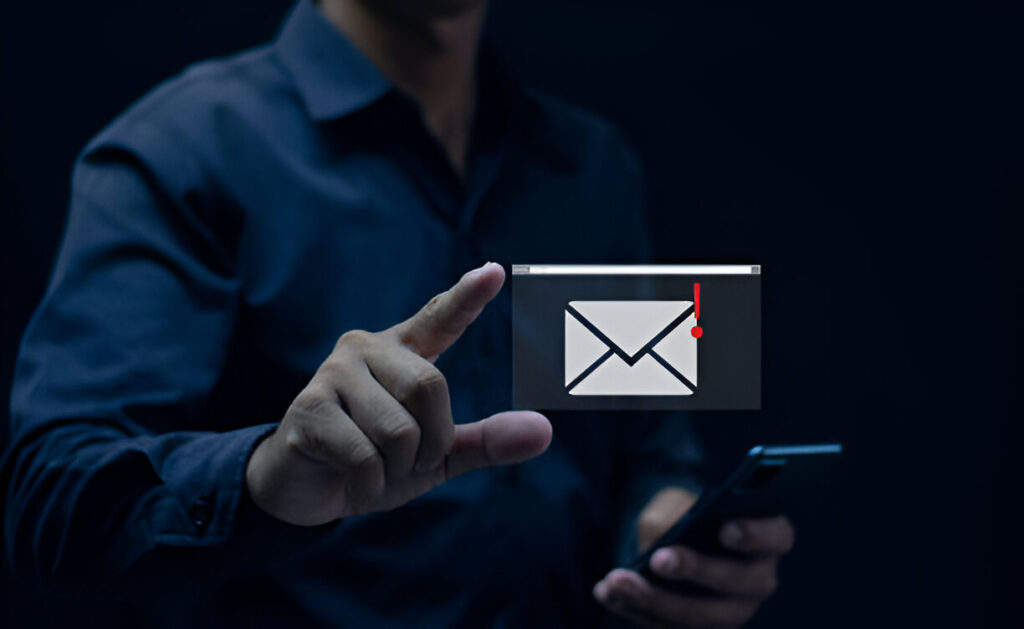
For those who prefer a more traditional interface, Zoho Mail provides secure options alongside a range of productivity tools. With strong authentication measures, it prioritizes user safety without sacrificing functionality.
Finally, Posteo stands out with its commitment to sustainability while offering high-level encryption features. Choosing a service like this can enhance your security while keeping your personal information safe from potential breaches.
The need for continued vigilance in the face of evolving technology and potential threats to user privacy.
The digital landscape is ever-changing, and with it comes a myriad of challenges. The recent Gmail security alert affected 2.5 billion users. This shows that even trusted platforms like Google can face threats.
AI hacking represents a sophisticated new frontier in cybersecurity risks. It has the capacity to exploit vulnerabilities that traditional methods may overlook. For everyday users, this means being more proactive about safeguarding personal information than ever before.
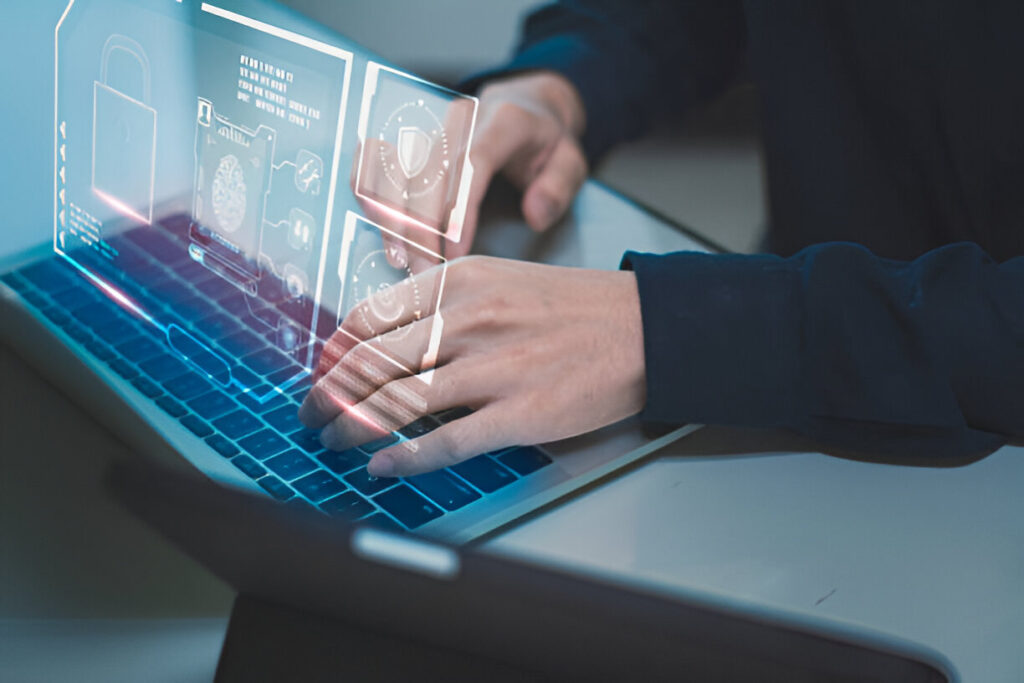
Technology companies must innovate and ensure robust defenses against these evolving threats. Users should stay alert and follow good online security practices. They should also think about using different services if needed.
As we embrace advancements in artificial intelligence and technology, maintaining awareness of these potential dangers is crucial. The way ahead will need teamwork between people and industry leaders. This will help keep our data safe from privacy breaches and cyberattacks.


